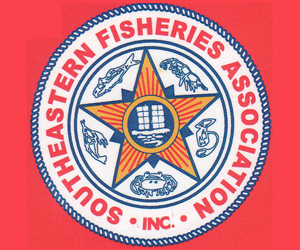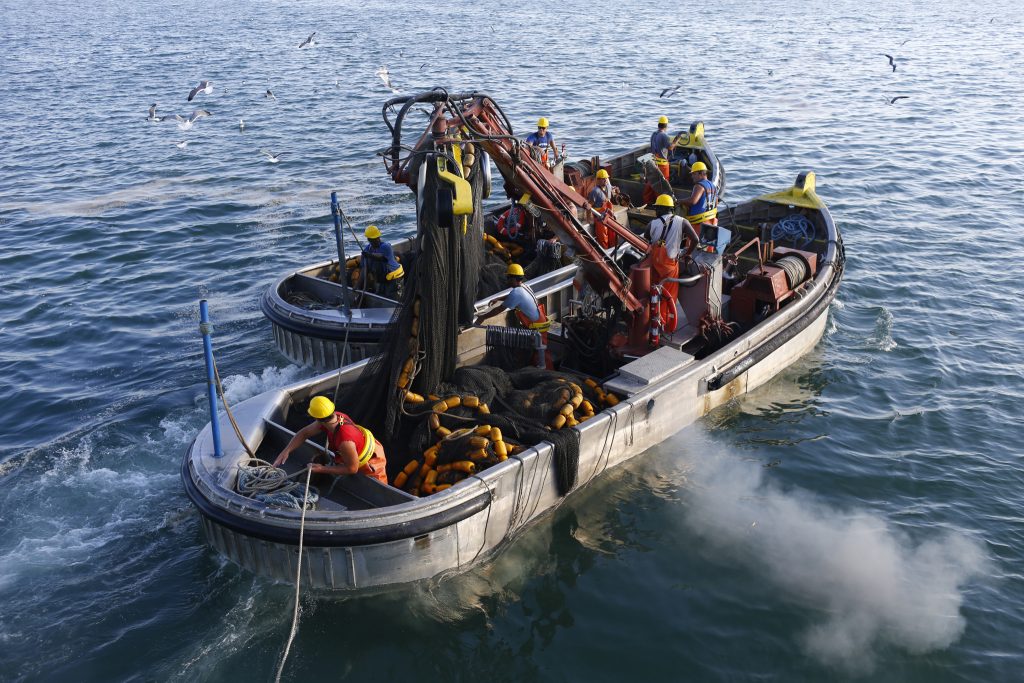March 26, 2019 — The following was released by the Sustainable Shark Alliance:
Banning the domestic sale of shark fins will be less effective for global shark conservation than legal, regulated shark fishing, according to testimony from the Sustainable Shark Alliance (SSA), delivered today before a House panel.
Shaun Gehan, testifying on behalf of SSA before the House Subcommittee on Water, Oceans, and Wildlife, voiced SSA’s opposition to H.R. 737, the Shark Fin Sales Elimination Act. Instead, SSA, which represents shark fishermen, dealers, and processors, expressed its support for H.R. 788, the Sustainable Shark Fisheries and Trade Act.
Mr. Gehan was quick to point out in his prepared remarks that opposition to H.R. 737 is not based on a difference of opinion on the troubling practice of shark finning, which he testified is an “abhorrent and unsustainable” practice that “wastes an important source of low-cost protein that can feed growing populations.” Rather, SSA opposes H.R. 737 because, by banning the sale of legally caught shark fins that are not inhumanely harvested, it will not effectively promote global shark conservation.
“Sustainably-sourced fins from our well-managed fishery will be replaced by those from bad actors. Only American fishermen, abiding by the world’s strictest shark conservation laws, and sharks in unmanaged waters will suffer,” he said.
NOAA has expressed similar concerns with the legislation. Last year, Alan Risenhoover, Director of NOAA’s Office of Sustainable Fisheries, told the same subcommittee that “we cannot support the Shark Fin Sale Elimination Act because the bill’s negative impact on U.S. fishermen would outweigh its minimal benefit to shark conservation,” adding, “this would hurt U.S. fishermen who currently harvest and sell sharks and shark fins in a sustainable manner under strict federal management.”
SSA supports H.R. 788, which “leverages the power of the U.S. market to ‘export’ the best management practices of our country.” Rather than banning the sale of all shark fins, H.R. 788 requires all shark products that are imported into the U.S. come from fisheries that meet the same high standards as U.S. fisheries. This means that not only must they come from sharks that are not finned, but that they must also come from shark fisheries that are managed sustainably.
H.R. 788 promotes high standards of shark conservation at a global level, while, just as importantly, preserves increasingly important American shark fisheries.
“Not only do shark harvests provide an important source of income for American fishermen and their communities, but growing shark populations are rapidly increasing natural mortality on such important food and game fish as red snapper and grouper species, not to mention increasing predation on whales and marine mammals,” Mr. Gehan said.
Unfortunately, the subcommittee did not consider H.R. 788 at today’s hearing, instead focusing on a bill that will harm many constituents in coastal communities without providing meaningful shark conservation. SSA urges the subcommittee to reconsider H.R. 788 as a better alternative.
About the Sustainable Shark Alliance
The Sustainable Shark Alliance (SSA) is a coalition of shark fishermen and seafood dealers that advocates for sustainable U.S. shark fisheries and supports well-managed and healthy shark populations. The SSA stands behind U.S. shark fisheries as global leaders in successful shark management and conservation. The SSA is a member of Saving Seafood’s National Coalition for Fishing Communities.



